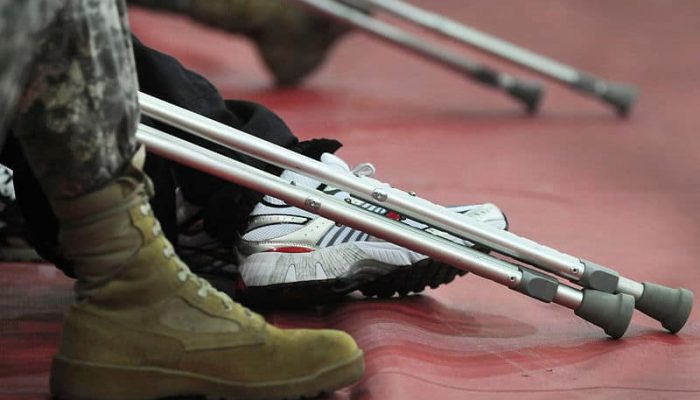There are numerous myths regarding what filing for VA disability actually means and how it might affect veterans. Sometimes, veterans aren’t interested in filing a claim for VA disability benefits after their military duty ends for one reason or another. As there are several misconceptions regarding the process in general, this article aims to summarize reasons why it could instead be a beneficial move.
The following are incorrect (yet common) myths as to why veterans may be apprehensive toward filing a veteran disability claim.
Misconception #1: I’m not disabled.
Sadly, there seems to be a shame surrounding the phrase “disability”. There’s nothing wrong with having a medical condition that was triggered by or took place during military service. An accepted disability claim grants VA medical access, and for injuries that are rated 10% or higher, an individual is entitled to compensation for disability every month. To find out if a rating is 10% or more, a VA disability calculator can help.
Misconception #2: If I receive VA benefits for my disability, there might not be enough benefits remaining for others who need them more.
There’s not a limit for how many veterans can obtain VA disability aid as it is intended for every veteran. Priority groups also exist in the system, which group veterans according to financial need, how severe disabilities are, and other considerations. All veterans who are disabled have earned the right to seek aid and should do so to maintain a high quality of life that they deserve.
Misconception #3: A VA disability rating might keep me from joining the Reserves or Guard.
Individuals who are healthy in other aspects can still join the Reserves or Guard, even if they have been assigned a disability rating. Many people won’t need an extra health screen and will be able to transfer in right after active duty. Those who have experienced a break in the time they served can ask for medical verification to be sent in order to join.
Misconception #4: A VA disability rating could limit my chance of obtaining employment at some point.
In many occupations, the fitness level and/or overall health of an individual is the determining factor in whether or not someone is qualified for a position, not specifically the VA disability rating. In contrast, certain states actually give Veteran candidates preference when considering applicants.
Misconception #5: It’s been too long since I left active duty to file a claim.
There are no time restrictions when it comes to filing a disability claim for a disability that occurred while in service. It may be simpler to file a VA disability claim soon after finishing active duty, as it needs to be proven that the disability occurred while in service, but the claim can still be filed after time has passed. Certain injuries or illnesses don’t take place until long after time spent in service is over, like conditions tied to Agent Orange exposure from the Vietnam and Korean Wars.
